Michael Heseltine – flak jacket wearer, Tory leadership challenger, hero of the Westland Helicopter affair – seems to be turning into a sort of Dear Old Man. My university has just given him an honorary doctorate. When I got over gritting my teeth and rambling on about the dear old days at Greenham Common *wholefamilyyawn* I started to think about what is happening at Greenham now.
A little while ago, we went down to Basingstoke for a family get-together. To get from south Wales to Basingstoke you now go round that famous Newbury bypass, so I hadn’t really realised where I was … then the woods started to look a bit familiar … then we came out of the trees and there was Yellow Gate. Where we did circle dancing in the road, got dragged away and flung into vans, where we tried to stop them throwing our quilts and our knitting into the muncher … and now it’s all clean and tidy and they have planted a nice little peace garden. We won, the missiles went away – so why did I feel vaguely disappointed? Would it have been better if, instead of a pretty little garden, the struggle was commemorated by a couple of tatty benders, a cooking fire and a latrine pit that really needed re-digging?
How can we commemorate dissent without sanitising it? It’s very much in our minds at the moment because of the struggle over the Newport Chartist mural. Paul Flynn has made the very good point that it was never meant to last, and it would cost more to remove, conserve and reinstate it than it would to commission a new piece of artwork. Nevertheless, its loss has obviously touched a raw nerve in a community which is also being threatened with the loss of museum and art gallery provision. But the Newport Chartist mural itself sanitised the story of protest – the banner saying ‘Votes for all men’ was conveniently obscured so that we didn’t have to remember that the Chartists had nothing to say about votes for women.
Did the Suffragettes feel the same sense of deflation when they looked back at that glad confident morning in November 1918, when the Parliamentary vote was restored to women? How would they feel about the way we commemorate their struggle, with plaques and exhibitions of banners?

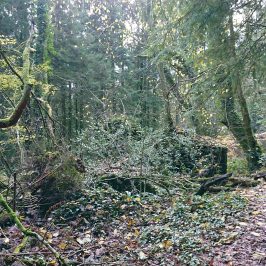
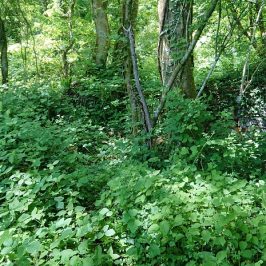
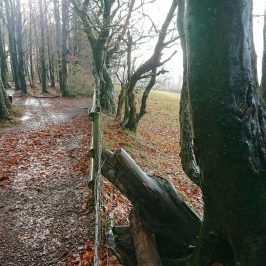
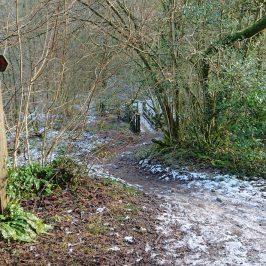
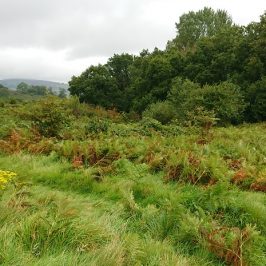
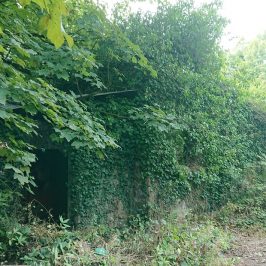
Leave a Reply